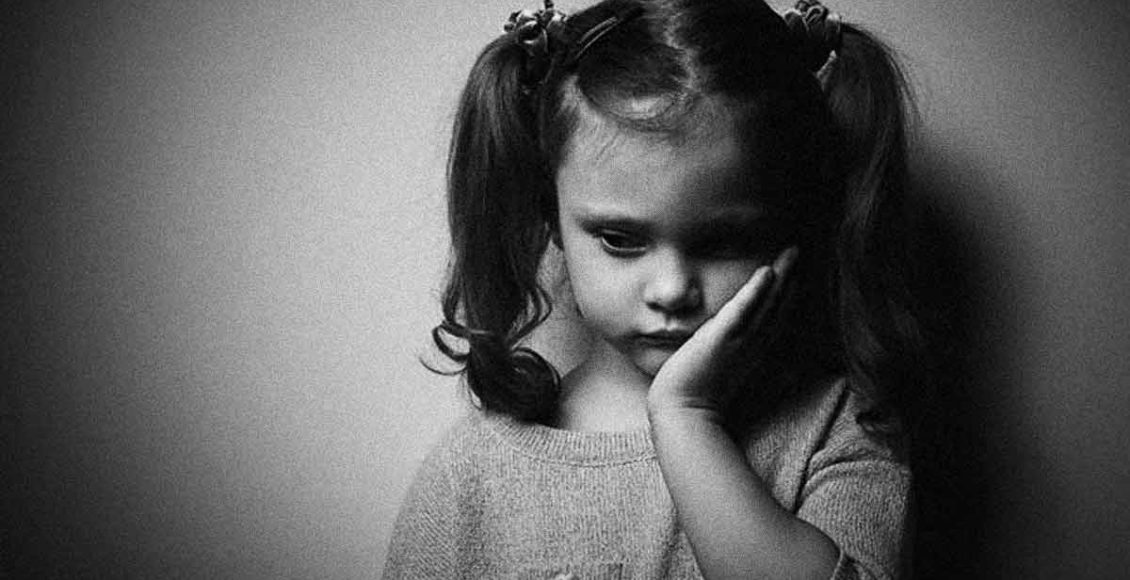Being a parent is one of the most difficult and demanding jobs in the world.
It takes enormous amounts of energy, patience, and love to raise a tiny human being into a decent adult. In spite of all the information and research available to us now, we still carry the burden of our past and our own experiences in childhood. These experiences leave a deep and lasting trace which is not so easy to overwrite. This is not good news because some of the practices once considered normal are now discarded by research. Some of them may be quite harmful.
Here is what to avoid doing with your children if you want them to be emotionally and mentally healthy:
1. Shaming
Humiliating and belittling small children was once considered an appropriate way to teach them a lesson. We now know through the work of researchers like Brene Brown that this technique is not only ineffective, it leaves deep scars on the psyche of both children and adults. Shame undermines our confidence and ability to connect with other people and is positively correlated with depression and anxiety. Here’s Dr. Brown’s definition of shame:
“I define shame as the intensely painful feeling or experience of believing that we are flawed and therefore unworthy of love and belonging – something we’ve experienced, done, or failed to do makes us unworthy of connection.
I don’t believe shame is helpful or productive. In fact, I think shame is much more likely to be the source of destructive, hurtful behavior than the solution or cure. I think the fear of disconnection can make us dangerous.”
2. Punishments and Rewards
Punishing children is what parents did since the beginning of civilisation. All known religions supported it and it seemed to be morally justifiable even in secular societies. Only recently have we started to question its usefulness and benefits for the development of the child’s mind. According to Alfie Kohn, an expert on parenting and education:
“Advice for raising children typically comes in two flavors: threats (known euphemistically as “consequences”) and bribes (“positive reinforcement”). Either we make kids suffer to teach them a lesson, or we dangle goodies in front of them for doing as they’re told. Rewards and punishments are two sides of the same coin, and unfortunately, neither can buy anything more than temporary obedience. Manipulating children’s behavior — by means of time-outs, contrived praise, privileges offered and privileges taken away — can never help them to reflect on the kind of people they want to be. Instead of encouraging kids to take responsibility for their actions, it makes them dependent on rewards and punishments. Rather than promoting generosity and compassion, it leads them to focus on the consequence to themselves of pleasing the adult.”
3. Pushing Children Too Hard
We live in an achievement-crazy culture. We are so obsessed with money and success that we easily transfer our personal ambitions onto our children. Their schedules are so busy that can intimidate every CEO. We make it clear to them that we expect of them not only to participate in every possible competition – we expect them to win. Erich Fromm once observed that “few parents have the courage to care more for their children’s happiness than for their success.”
The pressure for success takes its toll on children’s emotional and mental wellbeing. They start to attach their self-worth on the prizes they win, the grades they receive and later – on the money they get. This is a neurotic path that leads not so much to happiness and fulfillment but to depression and anxiety.
4. Repressing Feelings
Parents naturally prefer their children to be happy and content. That’s ok as long as such preferences are flexible enough to accommodate other emotional realms as sadness, anger, boredom or rage. It’s not humanly possible to be happy and content all of the time. If we place such a demand for our children, we set an emotional trap for them. It can lead to the formation of what the English psychoanalyst, Donald Winnicott, calls a “false self”: a kind of mask of behaviour that complies with others’ expectations but actually kills authenticity, creativity, and spontaneity. Children may lose touch with their true feelings or put a façade behind which to hide anger, resentment or disappointment.
5. Shifting the Responsibility to the Child
Intentionally or not, children are very often made to feel responsible for quite a large number of things. It may include their parents’ mood, the conflicts between parents or the wellbeing of their siblings. This is a burden which forces children to grow up faster. It steals their emotional resources and robs them of important childhood experiences. They may themselves become less sensitive parents, according to research.
“If your childhood was defined by parents expecting you to perform too much caregiving without giving you the chance to develop your own self-identity, that might lead to confusion about appropriate expectations for children and less accurate knowledge of their developmental limitations and needs as infants,” said Amy K. Nuttall, assistant professor in MSU’s Department of Human Development and Family Studies and lead author on the study, in a release.
If you now feel as though parenting is a minefield impossible to cross without inflicting some fatal damage to your child, don’t forget Donald Winnicott’s words: “Every man or woman who is sane, every man or woman who has the feeling of being a person in the world, and for whom the world means something, every happy person is in infinite debt to a woman.”



